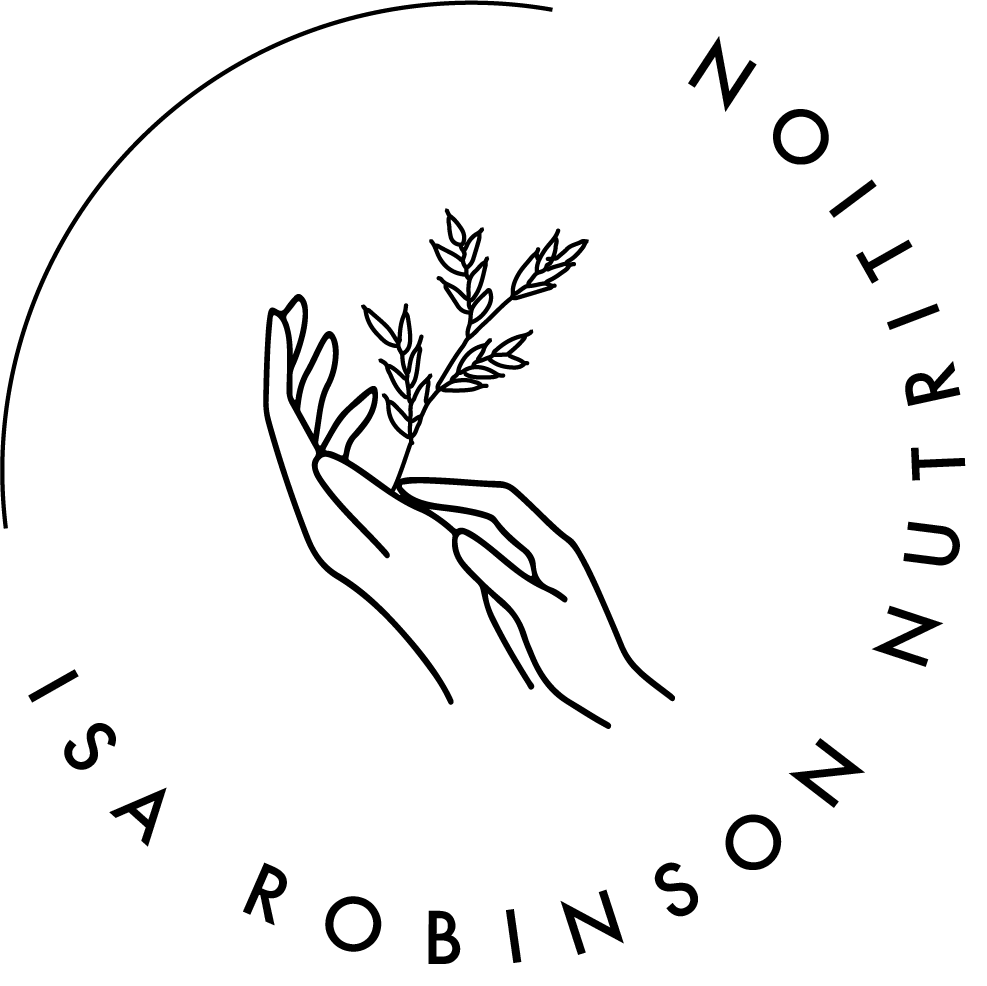An Introduction to Bone Health
Last month I attended a conference at the Royal Society of Medicine on Osteoporosis. Both Osteoporosis and bone health more broadly are subjects of interest to me because of the ways they intersect with disordered eating and overexercising. I hope you enjoy this very brief intro on a very important and complex topic.
AN INTRO TO BONE PHYSIOLOGY
Our bone tissue is dynamic and continuously undergoing remodelling or bone turnover. Bone turnover is coordinated by osteoclasts, which breakdown bone, and osteoblasts which build bone. In childhood, we tend to have more active osteoblasts (more building) and later in life, more active osteoclasts (more breakdown). However, for the most part, osteoblasts and osteoclasts are in balance as part of homeostasis.
OSTEOPOROSIS is characterised by reduced bone mass and increased porosity and fracture risk. We think of Osteoporosis as being mainly a concern for elderly individuals, however the most crucial years for osteoporosis prevention maybe before we’re 25, specifically during puberty.
This is because 25 is roughly the age we reach peak bone mass (PBM), or bone maturity, after which very gradually lose bone. Having a higher PBM reduces the risk of osteoporosis in the future.
HORMONES AND BONE HEALTH
The hormone Oestrogen plays a major role in bone health. Oestrogen acts like an osteoclast inhibitor, therefore preventing excessive bone breakdown. Post menopause is therefore a particularly vulnerable time for women with regard to bone health, because lack of oestrogen accelerates bone breakdown.
However, a lack of oestrogen is also present in amenorrhoea or functional hypothalamic amenorrhoea. Amenorrhoea can be caused by a variety of reasons including Polycystic Ovary Syndrome and thyroid disorders. Functional Hypothalamic Amenorrhoea (HA) however, accounts for the majority of causes of secondary amenorrhoea, largely the result of weight loss, under nutrition, over-exercise and stress.
If you’re female and have been consistently missing periods it is very important to speak to your GP, because lack of a period can have significant ramifications including but not limited to compromised bone health. It is important to mention that the OCP can mask a missing period as ‘the pill’ may induce a regular bleed that otherwise wouldn’t occur. Moreover, the most recent research has suggested combined oral contraceptives may not be conducive to improved bone health. This means support from an endocrinologist or health care professional in this area is extremely important if you believe you may be at risk.
Luckily, we do have many effective drugs for osteoporosis that can both inhibit osteoclast activities and act anabolically. However, we also want to be thinking about what we can be doing preventatively too.
So what can we do to keep our bones healthy and strong?
Check out my top 8 tips for bone health.
References
https://bjsm.bmj.com/content/53/4/229.abstract
https://www.ncbi.nlm.nih.gov/pmc/articles/PMC4207953/
https://www.ncbi.nlm.nih.gov/pubmed/27067746
